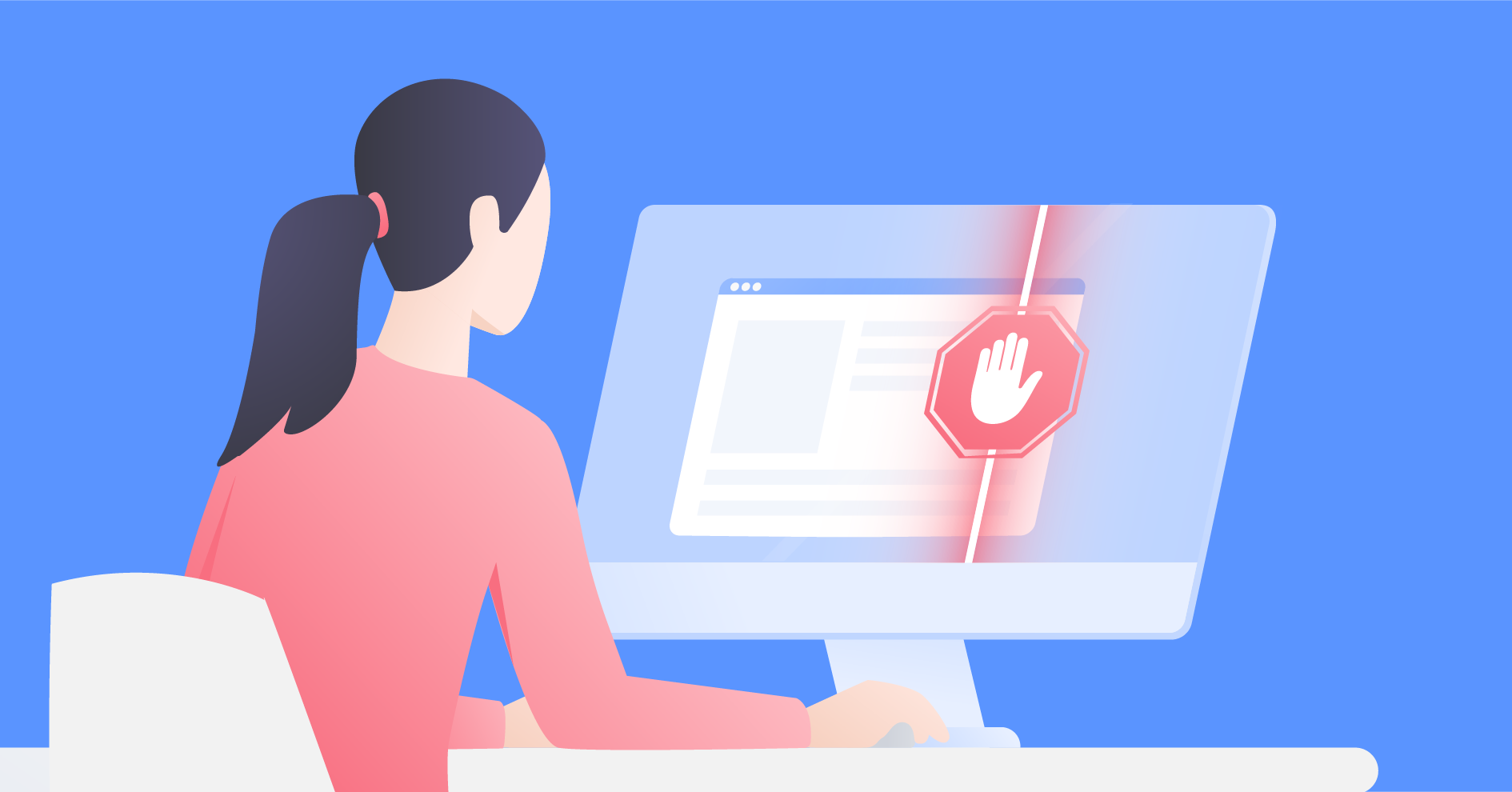Online habits

Who can see what you search for on the internet?
Whichever search engine or social media platform you use for your internet searches – Google, Bing, TikTok, or Twitter – your search and browsing history might be visible to others. Find out who can see what you search for on the internet and why they would want to know this information.
Mar 27, 2024
8 min read
Irma Šlekytė
Popular articles
Recent articles
DNS

Apr 14, 2024
3 min read
What are DNS record types? A list of the most common types you need to know
